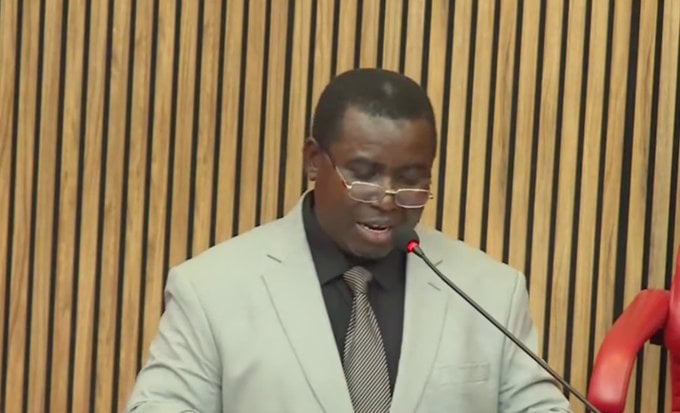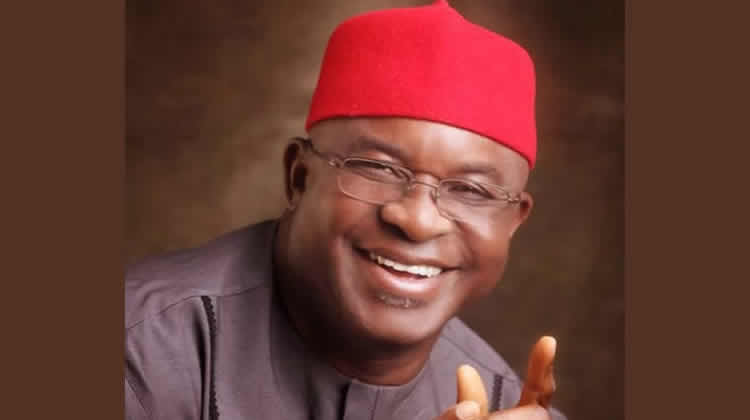
President Bola Tinubu on Sunday congratulated Governor Chukwuma Soludo on his re-election, calling the result “an affirmation of visionary leadership” and promising closer federal–state collaboration with Anambra.
The Independent National Electoral Commission declared Soludo the winner of Saturday’s off-cycle poll after he swept all 21 Local Government areas.
In a statement he signed and released on Sunday, Tinubu praised voters, security agencies and INEC for a peaceful exercise and urged the governor to be “magnanimous in victory.”
He also commended the new INEC chairman, Prof. Joash Amupitan and charged the commission to sustain higher standards in future polls.
The overwhelming victory he recorded in Saturday’s poll has now made him the third governor in the state’s political history to win a second term.
He wrote, “I must also congratulate the people of Anambra State, the security agencies and the Independent National Electoral Commission on the peaceful and successful conduct of the governorship election.
“Professor Soludo’s re-election is a testament to his visionary leadership and the significant progress the state has made under his guidance.
“Governor Soludo, the Solution, has demonstrated that indeed knowledge is power and that academic principles can be applied in serving the people, undergirding accountability, transparency and prudent management of people and resources.”
Tinubu reminisced on his visit to Anambra State in May, where he inaugurated some projects executed by the Soludo administration.
During the visit, he highlighted the good thinking behind the landmark projects being embarked upon by the governor, whom he called “Mr Solution.”
“That experience is indeed remarkable and will remain indelible in my mind,” he stated.
The President commended Soludo for bringing discipline, grace, brilliance, and a fresh perspective to governance in Anambra, saying, “Under him, Anambra is living up to its motto as the Light of the Nation.”
Assuring Soludo of his support, the President urged the former Central Bank Chief to be magnanimous in victory and to seek the cooperation of his opponents in the just-concluded elections.
He stated, “I assure Governor Soludo of my unwavering support, and I look forward to continued collaboration between Anambra and the Federal Government.
“The victory of the opposition All Grand Progressives Alliance in the election again demonstrates the vitality of our political system and the fact that victory for any progressive and hardworking leader can hardly be encumbered or denied.
Tinubu also thanked the new INEC Chairman, Amupitan, and his team for conducting what, according to him, observers have described as a credible election, “based on the reports I have received thus far.”
“I charge the commission with maintaining the standards and further improving its performance, so we can continue to strengthen and deepen our electoral system,” said Tinubu.
Soludo’s victory extends APGA’s two-decade dominance of Anambra politics and makes him the third governor in the state’s history—after Peter Obi and Willie Obiano—to win a second term. Channels TV and other outlets reported that the governor won by a landslide, with some tallies showing a haul of more than 420,000 votes against his closest rival of the APC.
Ahead of the vote, analysts had framed the contest as a test of APGA’s entrenched base and of opposition strength in the South-East.
With INEC’s declaration, APGA tightened its grip while Soludo’s tenure—due to run to March 2026—gained new momentum.
Tinubu said he looks forward to “continued collaboration between Anambra and the Federal Government,” adding that Soludo has brought “discipline, grace and a fresh perspective” to governance in the state. (Punch)



